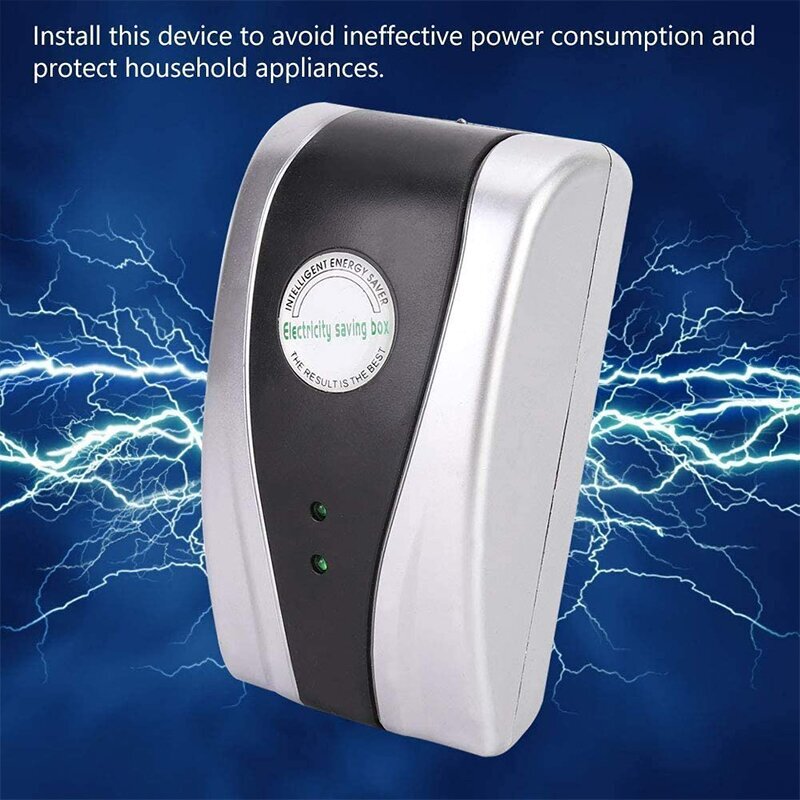This is just like the magnet on your fuel line “Econimizer” bs that would straighten and align your liquid fuel flow for better economy back in the 1990’s.
If anything this thing looks like a potential hazard as the pictures of the plug only show 2 prongs (line, neutral) without the third safety ground going into the outlet.
if your stereo system sounds different at night then during the day you may indeed benefit from a line filtering conditioner that will provide a cleaner sine wave. There is no free lunch there as the conditioner is not 100% efficient and consumes power as well. This doesn’t make too much sense either as high end stereo sound systems should all ready have their own power filters installed internally with a quality power supply
View attachment 7509149View attachment 7509149




